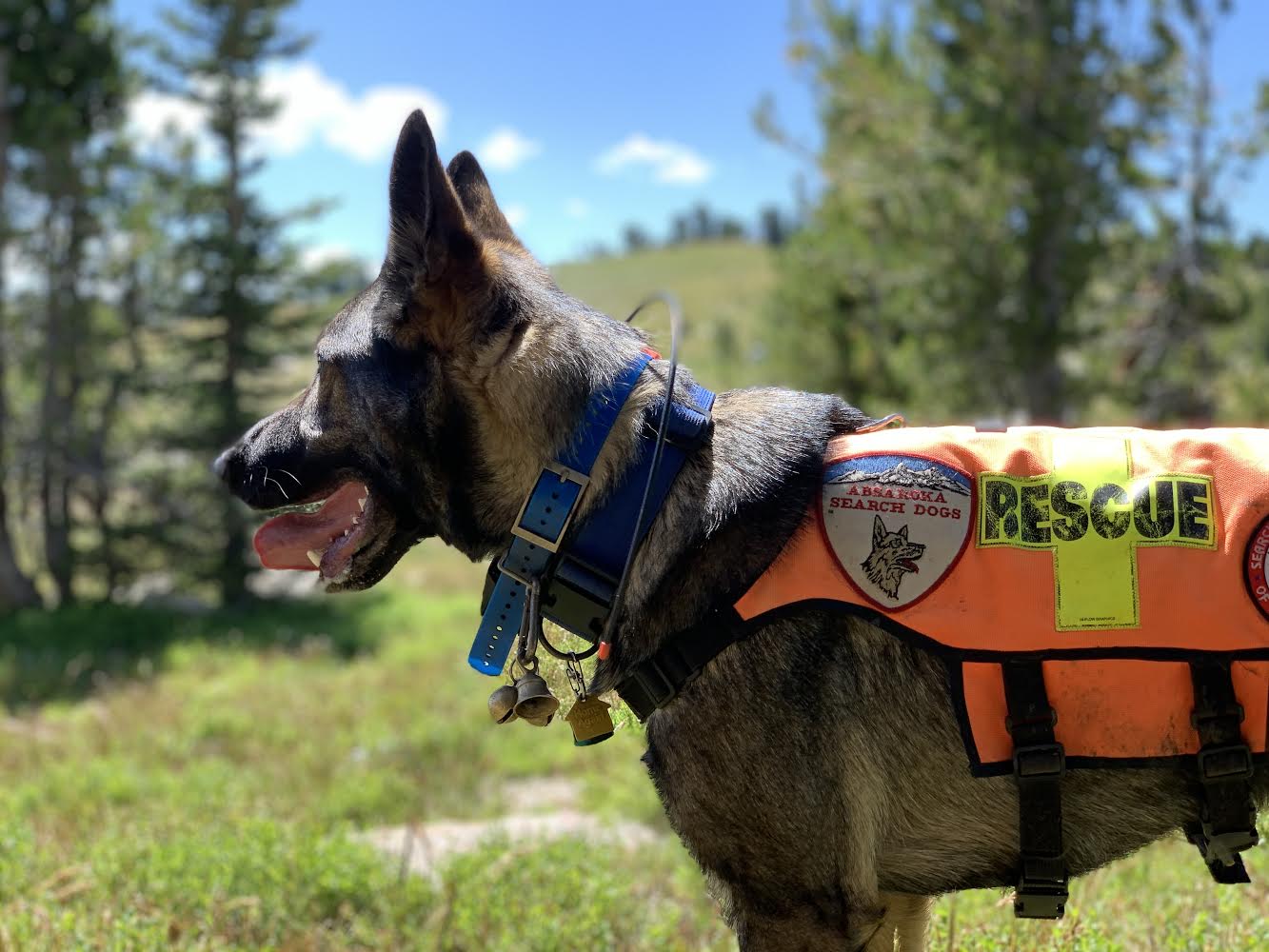
Search and rescue dogs, with their keen senses and unwavering dedication, play a pivotal role in emergency response efforts. These canine heroes undergo rigorous training to locate missing persons in diverse and challenging environments, from dense forests to disaster-stricken urban areas. Search and rescue dogs not only possess an extraordinary sense of smell but also demonstrate immense courage and resilience in the face of adversity. In this article, we'll uncover 23 remarkable facts about these four-legged saviors, shedding light on their training, abilities, and the critical roles they fulfill. Whether it's navigating through avalanche sites or tracking scents over long distances, these dogs are invaluable assets in rescue operations, showcasing an incredible partnership between humans and animals.
Understanding Search and Rescue Dogs
Search and rescue dogs are highly trained animals that play a crucial role in locating missing persons in various environments, including wilderness, disaster zones, and urban areas. These canine heroes undergo rigorous training to hone their natural abilities, making them indispensable in rescue operations.
-
Breeds Commonly Used: While many breeds can be trained as search and rescue dogs, some of the most common include German Shepherds, Labrador Retrievers, Border Collies, and Belgian Malinois. These breeds are chosen for their intelligence, physical endurance, and keen sense of smell.
-
Training Begins Early: Training for search and rescue dogs often starts when they are puppies. This early start helps to develop their skills progressively as they grow.
The Role of Scent in Search and Rescue
Scent plays a pivotal role in how search and rescue dogs perform their duties. Dogs have an incredibly sensitive sense of smell, which allows them to track human scent over long distances and even through challenging terrains.
-
Tracking vs. Air Scenting: Search and rescue dogs may be trained in either tracking or air scenting. Tracking dogs follow a specific person's scent trail, while air scenting dogs can locate any human scent in an area.
-
Environmental Factors Affecting Scent: Various factors, including wind, temperature, and humidity, can impact how scent travels. Search and rescue dogs are trained to work under a wide range of environmental conditions.
The Training Process
The training process for search and rescue dogs is extensive, involving both the dogs and their handlers. This partnership is vital for successful search and rescue missions.
-
Obedience Training: Basic obedience is foundational in search and rescue dog training. Dogs must follow their handler's commands precisely, even in distracting environments.
-
Specialized Skills: Beyond basic obedience, search and rescue dogs learn specialized skills such as navigating obstacles, working in water, and even parachuting from aircraft in some cases.
-
Certification: Both dogs and handlers must meet specific certification standards, which vary depending on the organization and the type of search and rescue work they will be doing.
Real-Life Heroes
Search and rescue dogs have been part of countless successful missions, saving lives and providing closure to families of missing persons.
-
Notable Rescues: These dogs have located missing hikers in remote wilderness areas, found survivors in the rubble of collapsed buildings, and helped in the aftermath of natural disasters.
-
Emotional Support: Beyond their search capabilities, these dogs often provide emotional support to rescue teams and survivors, offering comfort during stressful situations.
Challenges and Rewards
Working as a search and rescue team comes with its own set of challenges and rewards. The bond between handler and dog is forged through shared experiences, both difficult and triumphant.
-
Physical and Emotional Demands: The work is physically demanding for both dogs and handlers, and emotionally taxing as not all searches end successfully.
-
Lifesaving Impact: Despite the challenges, the ability to save lives and provide answers to searching families offers immense satisfaction and underscores the vital role of search and rescue dogs in emergency response efforts.
-
Retirement: After years of service, search and rescue dogs retire, often continuing to live with their handlers as beloved pets. Their legacy, however, lives on through the lives they've saved and the advancements they've contributed to search and rescue operations.
-
Continued Training: Even after certification, search and rescue dogs and their handlers continue training throughout their careers to maintain their skills and learn new techniques.
-
Community Heroes: These dogs are not just assets to their rescue teams but also heroes in their communities, often participating in public education on safety and emergency preparedness.
-
International Efforts: Search and rescue dogs work not only within their own countries but can also be part of international efforts, assisting in global disasters where their skills are needed.
-
Advancements in Training: Training methods for search and rescue dogs are continually evolving, incorporating new technology and research to enhance their effectiveness.
-
Volunteer Basis: Many search and rescue operations are conducted on a volunteer basis, with handlers dedicating their time and resources to train and work with their dogs.
-
Funding and Support: Funding for search and rescue dog teams often comes from donations, grants, and community support, highlighting the importance of public backing for these essential services.
-
Recognition and Awards: Search and rescue dogs and their handlers are frequently recognized for their bravery and service, receiving awards and commendations.
-
Innovative Techniques: From drones to specialized equipment, search and rescue teams use a variety of tools to aid in their missions, with dogs remaining at the heart of the search effort.
-
Mental Health Support: Handlers and dogs support each other's mental health, with programs in place to help them cope with the stresses of their demanding work.
-
Global Training Standards: While training standards can vary, there are efforts to establish global best practices for search and rescue dogs to ensure consistency and effectiveness in operations worldwide.
-
Legacy of Service: The legacy of a search and rescue dog is measured not just in the lives they've saved but also in the advancements they've inspired in the field of search and rescue.
A Final Nod to Our Four-Legged Heroes
Search and rescue dogs are more than just pets; they're lifelines in the truest sense. With their keen senses, unwavering dedication, and the ability to navigate through challenging terrains, these canines play a pivotal role in saving lives. They've proven time and again that when disaster strikes, hope can often be found on four legs, accompanied by a wagging tail. Training for both handler and dog is rigorous, highlighting the commitment required to become part of such an elite team. Their stories of bravery, resilience, and the strong bond between human and animal inspire us all. Let's not forget the silent alarms they are, ready to spring into action at a moment's notice. Here's to celebrating and appreciating the extraordinary abilities and contributions of search and rescue dogs worldwide. They're not just man's best friend; they're heroes in fur coats.
Was this page helpful?
Our commitment to delivering trustworthy and engaging content is at the heart of what we do. Each fact on our site is contributed by real users like you, bringing a wealth of diverse insights and information. To ensure the highest standards of accuracy and reliability, our dedicated editors meticulously review each submission. This process guarantees that the facts we share are not only fascinating but also credible. Trust in our commitment to quality and authenticity as you explore and learn with us.


